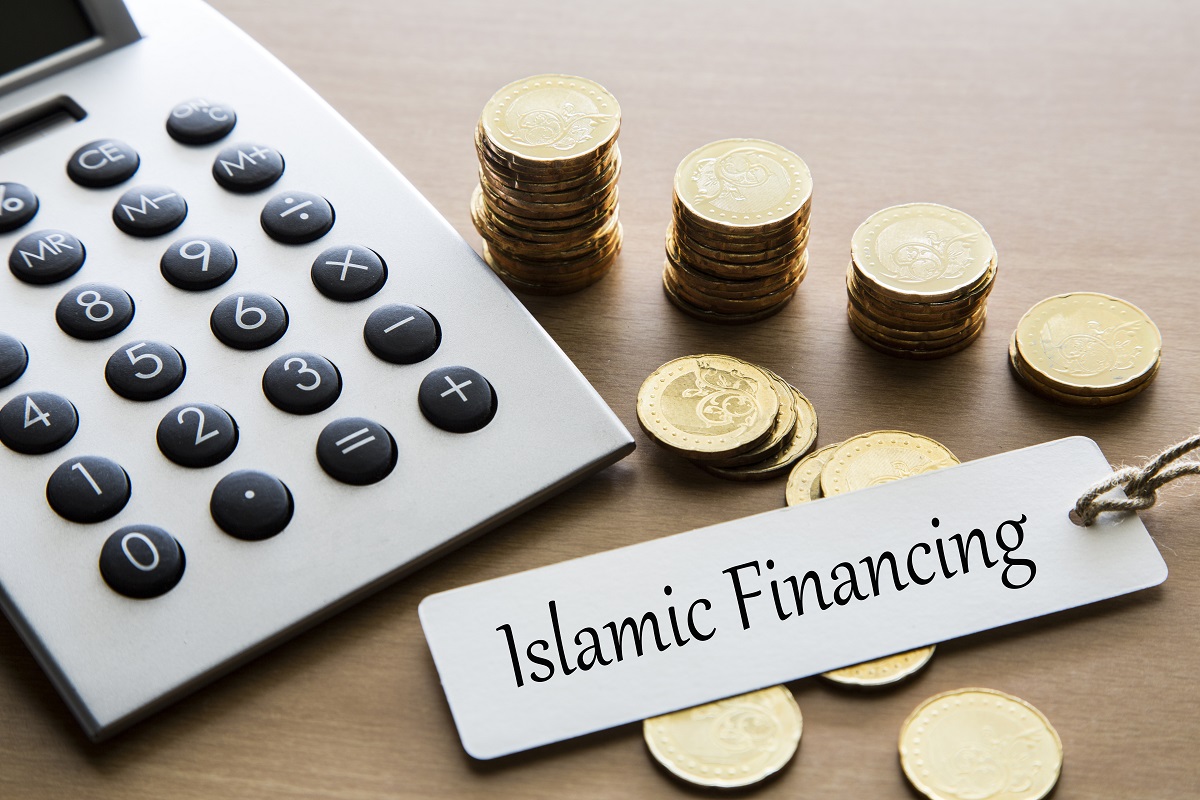Whether you are searching for a personal loan or financing for a home or vehicle, you can take advantage of many financing opportunities in the UAE. Having said that, we want to use this post to discuss one type of financing category. That category is Islamic loans.
While Islamic finance only constitutes 1% of global financial assets, it is a rapidly growing area of finance—particularly in the UAE. Specifically, Islamic loans in the UAE are a fantastic way to accomplish some of your financial goals. Also called Sharia loans, these loans, as you can guess, comply with Sharia law. While they work slightly differently than “traditional” loans, Islamic loans can be a great option to finance major purchases in your life.
Sharia Loans: Some Basics
Islamic loans are unlike other types of loans for several reasons. However, the main differentiating factor is that they must comply with practices and prohibitions under Sharia law. One of the most notable restrictions for Sharia loans centers on paying or charging interest. Sharia law says that interest is usurious, meaning that it is strictly prohibited. To put it another way, with Sharia loans, there are no fixed or floating interest rates or fees.
There are many other restrictions on traditional financial instruments under Sharia law. For example, an investor or borrower under Sharia law cannot invest in businesses involved in prohibited activities, speculate or gamble, or purchase derivative contracts or engage in short selling. In the personal finance context, however, this prohibition on interest is the most striking difference with Western finance.
That said, lenders underwriting Islamic loans in the UAE still need to make money. So how do they do it? Ultimately, it comes down to Islamic banks buying a desired product or commodity on the borrower’s behalf. After doing this, Islamic banks can lease the underlying product to the borrower. They can also re-sell that product on installment at a fixed price. This price, however, is often higher than the traditional market value.
Islamic loans in the UAE offer these types of arrangements. Even though Islamic banks aren’t necessarily charging interest, they are being compensated for the initial risk of purchasing the underlying product or commodity.
The Best Islamic Loans in the UAE
With this basic understanding in hand, you may be curious about how you can obtain Islamic loans in the UAE. The good news is that there are plenty of opportunities to capitalize on the best Islamic loans in our country.
For instance, there are some great FAB Islamic loans. First Abu Dhabi Bank is one of the most renowned financial institutions in our country. It not only provides capital and services to large corporations, but to individual borrowers like you. These FAB Islamic loans are specifically tailored Sharia-compliant solutions that can help you purchase everything from a home to a car. If you intend to purchase a new home, you can obtain up to AED 20 million in financing and can leverage flexible payment periods (up to 25 years). If you’re in the market for a new car, you can get financing of up to AED 1.5 million and up to 80% of the car’s value. There are eligibility requirements for all of these FAB Islamic loans, so you’ll want to read the fine print before proceeding.
FAB Islamic loans are just one example of some of the best Islamic loans available in the UAE. That said, you will probably want to start looking for opportunities with your current bank. See if they offer Sharia loans for your intended purchase and feel free to reach out to your bank as necessary. In all likelihood, you will find an Islamic loan in the UAE that best suits your financial circumstances and your intended purchase.
Finding the Best Sharia Loans in the UAE
Sharia loans can be a great way to finance a large purchase in your life. Even if you can pay for your purchase in hand, Islamic loans can relieve financial pressures in your life. Therefore, we encourage you to complete your due diligence. If you have any questions, don’t hesitate to contact your banker. Doing this, we’re confident that you will be satisfied with your next Sharia loan.
Soulwallet is a personal finance comparison portal in the UAE. With a team of “out of the box” thinkers and a deep understanding of the UAE consumer banking industry, we help customers make the best choices while shopping for financial products such as credit cards and loans.


